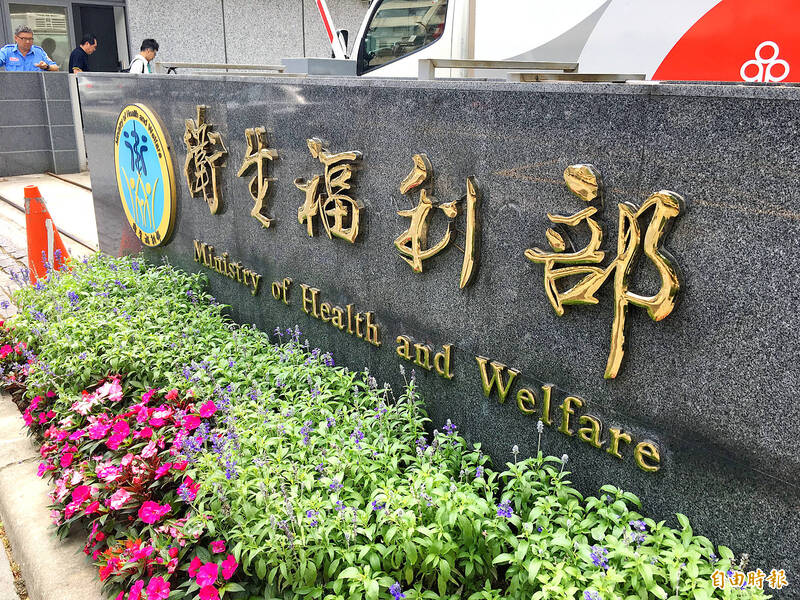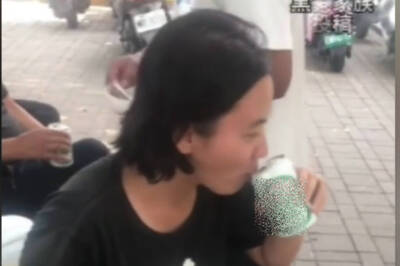《TAIPEI TIMES》HPA mulls expanding mammogram program

People walk past a wall in front of the Ministry of Health and Welfare in Taipei in an undated photograph. Photo: Lin Hui-chin, Taipei Times
LIFESTYLE CHANGES: Thirty to 50 percent of all cancers can be prevented by modifying or avoiding key risk factors, such as smoking and consuming alcohol, the agency said
By Lee I-chia / Staff reporter
The Health Promotion Administration (HPA) is considering expanding the eligibility of government-funded breast cancer screenings from women aged 45 to 69 to those aged 40 to 75, the agency said yesterday.
As cancer has been the leading cause of death in Taiwan for 41 consecutive years — accounting for about 30 percent of deaths each year — detecting cancers and getting proper treatment as early as possible can increase a person’s survival rate, the agency said.
The HPA provides five types of government-funded cancer screenings, including cervical, breast, colorectal, oral and liver cancers, for high-risk groups.
Among them, women aged 45 to 69 are eligible for a free mammogram every two years, as well as for women aged 40 to 44 who have a first-degree (parent or child) or second-degree family (sibling, grandparent or grandchild) family member who has been diagnosed with breast cancer.
Ministry of Health and Welfare data showed that breast cancer is the most common cancer diagnosis among women in Taiwan, with more than 10,000 women diagnosed with it and more than 2,000 deaths caused by it every year.
That has led to increased discussion about expanding breast cancer screening eligibility in the past few years.
HPA Cancer Prevention and Control Division Director Lin Li-ju (林莉茹) said cancer registry data showed that breast cancer mainly occurs in women aged 45 to 69.
However, the agency has noticed that more younger and older women are being diagnosed with breast cancer in the past few years, and studies have suggested that young women with breast cancer generally have a worse prognosis and survival rate, so the agency is considering expanding the eligibility age to between 40 and 75, Lin said.
Aside from striving to receive more funding from tobacco health and welfare surcharges, the HPA is also looking into multiple likely sources of funding to pay for the expanded screening eligibility, she said.
The agency cited the WHO as saying that approximately 30 percent to 50 percent of all types of cancer can be prevented globally, by modifying or avoiding key risk factors and implementing evidence-based prevention strategies.
Key risk factors that should be avoided include tobacco use, betel nut chewing and alcohol consumption, the HPA said.
Eating a healthy diet with plenty of fruit and vegetables and fewer processed foods, exercising regularly and maintaining a healthy weight can also reduce risks, it added.
新聞來源:TAIPEI TIMES


















